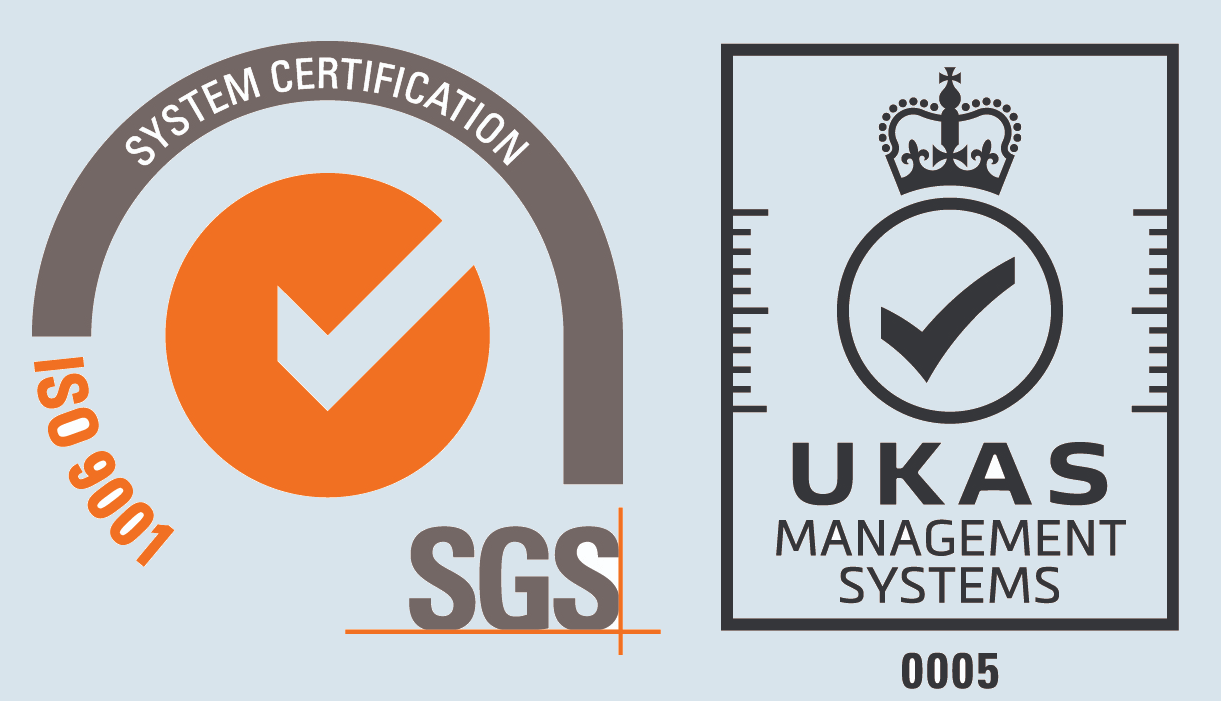
Aluminium Metal Glossary
Edge Curvature, Lateral Curvature
The lateral departure, in arc form, of an edge from linear straightness.
Element
A pure chemical substance that consists of just one type of atom as defined by its atomic number (the number of protons in its nucleus). Elements combine to make compounds, e.g. Copper Sulphate which contains Copper, Sulphur and Oxygen. An Alloy, e.g. Brass, is a solid solution of two or more elements.
Etching Test
The use of a chemical reagent to reveal the macrostructure of a sample from a work-piece. The test is usually made on a cross section from the work-piece so is destructive.
Etching
The production of a uniform matt, surface finish on a work-piece by controlled chemical or electrochemical attack. The etching agent can be either acid or alkali in nature.
Extrusion Die, Die
The hardened steel aperture through which a heated extrusion billet is pushed to form an extruded profile shape. There are 3 types of die: Flat Die – For extruding solid shapes Porthole Die – For extruding hollow shapes – This leaves one or two ‘weld’ seams along the length of the extrusion so tube produced in this way is called Welded Tube. Flat Die with Mandrel – For extruding seamless hollow shapes and seamless tube
Extrusion Ratio
The ratio of the cross-sectional area of the extrusion container to that of the extruded product.
Extrusion, Direct Extrusion
The extrusion process in which a preheated billet is placed in the container and is pushed by the ram through the stationary die to form the extruded section.
Related terms: Container
How can we help?
Contact us today to see how Capalex can help
solve your challenges.
 Capital Aluminium Extrusions Limited
Capital Aluminium Extrusions LimitedCleator Moor, Cumbria,
CA25 5QB, UNITED KINGDOM.
